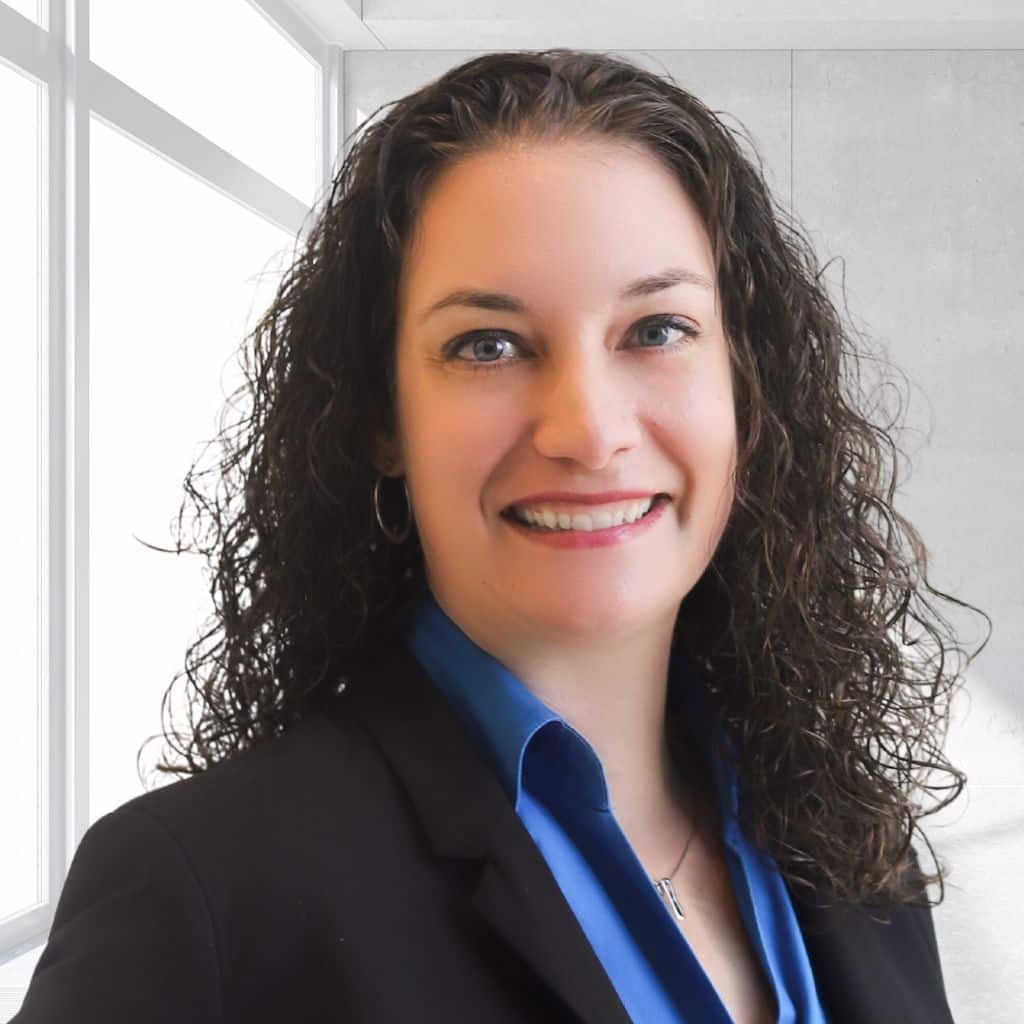Answers to Commonly Asked Questions about Nursing and Allied Healthcare Roles
FAQs about allied, nursing and advanced practice jobs with answers from experts in the industry
At StaffDNA, we’re more than a healthcare staffing agency. We’re innovators, results-seekers, technologists, healthcare industry supporters and workforce strategists. Our team includes some of the industry’s top healthcare recruiters, technology engineers, and business professionals in the country. We’ve built the most advanced technology platforms that power the smartest job-seeking and staffing programs in healthcare. And, what’s more, we’ve been doing this for decades.
Because we’re so deeply connected to the industry, we know what people are asking when it comes to healthcare careers. Recently, we compiled a list of some of the most frequently asked questions about nursing and allied healthcare. We had our team of experts weigh in with the answers.
Nursing
The first topic is nursing. There were a lot of questions related to the nursing field and also the details of travel nursing:
Which RN job makes the most money?
The top-paying role in nursing is a Certified Registered Nurse Anesthetist (CRNA). CRNAs are highly trained nurses who administer anesthesia for surgeries and medical procedures. The average annual salary for a CRNA in the U.S. is just over $200,000, and highly experienced CRNAs can earn as much as $250,000 annually.
Is travel nurse pay decreasing?
No, pay for travel nurses is not decreasing. In fact, according to our database of thousands of travel nursing jobs, it’s increasing. The average pay package for a travel nurse increased a few hundred dollars in 2025 versus 2024.
According to our expert recruiters, who have decades of experience in the industry, the rumor that travel nursing pay is decreasing likely stems from the high pay rates that were being offered during the pandemic in 2021 and 2022. While “crisis pay” rates that hospitals and other facilities were paying have normalized since then, travel nurse pay packages remain strong. Pay packages, including salary and tax-free stipends like housing, typically range from $2,200 to $3,000 weekly nationwide.
How many years does it take to become a travel nurse?
Typically, about three to six years. You need to complete a two-year Associate Degree in Nursing (ADN) and a four-year (can sometimes be completed sooner) BSN (Bachelor of Science in Nursing). There are also certifications necessary, such as Basic and Advanced Cardiovascular Life Support, and any other specialty certifications depend on your area of focus.
If you’re already a nurse, then taking travel assignments is easy – it’s just about finding the right job in a place you want to be. The latest technology in healthcare hiring can automatically match you to open roles.
How often do travel nurses travel?
That’s completely up to you as a travel nurse. That’s the beauty of travel nursing – you choose where and how often you work. Once you’re nearing the end of your contract, your recruiter can help you decide if you should extend or look for a new contract.
Working with an experienced recruiter is the best way to start and maintain the process of travel nursing. The right recruiter can help you find contracts based on your goals and preferences for how long and where you want to work and live!
How long are nurse travel contracts?
Most travel nursing assignments are around 13 weeks, however contracts can be shorter or longer depending on the facility’s needs and your preferences. If you’re enjoying your current assignment, you can usually extend it. If you’re ready for a change, your recruiter will line up the next opportunity for you.
Allied Healthcare
It’s no wonder that so many questions arise about allied healthcare. The allied health field is hiring nationwide. Allied health professionals, including physical therapists, occupational therapists, respiratory therapists, medical technologists, speech-language pathologists, and many others, are experiencing significant growth. The field is expected to continue growing over the next five years, driven by the need for more specialists due to an aging population and an increasing emphasis on specialized and personalized preventive care.
Here are the top allied questions we saw:
What is the highest-paid allied health profession role?
Currently, the highest-paid allied health professional position is a Radiology Tech, Cath Lab. Their average annual salary nationwide is $95,000 and in high-demand markets, that can exceed $140,000. These professionals earn high wages because they are trained to prepare patients for cardiac procedures and monitor patients during invasive heart procedures. They typically operate imaging equipment, take vital signs, start IVs, and need to have excellent communication skills as they explain procedures to patients. They are heavily relied on by cardiology teams.
Do allied health professionals only work in hospitals?
Not at all. While hospitals do employ many allied health professionals in areas like imaging, labs, rehabilitation, and pharmacy, there are plenty of other settings where allied professionals work. They work in clinics, nursing homes, long—term care facilities, and specialty clinics, which are settings where allied healthcare professionals work, and some even deliver care in patients’ homes, schools, and research facilities.
Which allied health profession is best for someone just starting out?
There is no single answer to this question, as many professions offer a great entry into the allied health field. The top three choices, according to our experts, based on salary and job availability, are medical assistant, pharmacy technician, and phlebotomist. Medical assistants and pharmacy technician jobs are both growing fields and have open positions that are in demand for entry-level professionals and certificate programs in each field can be completed in under one year. Becoming a phlebotomist is another field where demand is strong due to the growing need for diagnostic blood tests. Again, a phlebotomy certification program can be earned in less than three months.
What is the hardest allied health field to break into?
The two fields that require the most specialized training and preparation are: surgical technology and respiratory therapy. Surgical techs need to complete an accredited program in surgical technology and pass the CST (Certified Surgical Technologist) exam. For respiratory therapists, the requirement is to pass the NBRC (National Board for Respiratory Care) exam, which is considered a challenging exam in the medical field. Both fields require a minimum of an associate’s degree, and many employers prefer a bachelor’s degree. State licenses are also required, as with most healthcare positions.
Still have questions?

We’ve got answers and jobs! Whether you’re looking for a staff, local, or travel role, we have thousands of allied health and nursing jobs you’ll love. If you’re ready for your next opportunity, join Team StaffDNA today!

Heidi Braucksieker
Allied
Check out more expert Insight from StaffDNA in these articles

Understanding Healthcare Job Types: Staff vs. Per Diem vs. Travel
Choosing a career path in healthcare means more than just selecting a job; it involves a deeper understanding of the field.

Tax Homes and Take-Home Pay: What Every Travel Nurse Needs to Know
The 2025 tax season may be over, but it’s not too early to think about 2026. If you’re a travel nurse or just starting out, it’s a good idea to stay informed about the residency rules for travel nurses.

10 Benefits of Travel Nursing
Are you a nurse considering options that will bring you “more?” More income, more excitement, more career options, and more benefits? Becoming a travel nurse might be for you.

From Bedside to Boardroom: How Healthcare Workers are Stepping Confidently into Leadership Roles
Feeling unchallenged in your role and constantly spotting ways to improve your department? It may be time to answer the call to leadership in healthcare.

Critical Condition: Workforce Technology Breakthroughs Are Healthcare’s Lifeline
Healthcare organizations face some tough workforce challenges: tight budgets, lean IT teams and limited tools for sourcing, hiring and onboarding staff.

Fueling the Shift: Healthy Eating for Travel Nurses
Being a travel nurse means you’re an essential worker, juggling work, family, friends, and the opportunity to travel to new places for your job.
